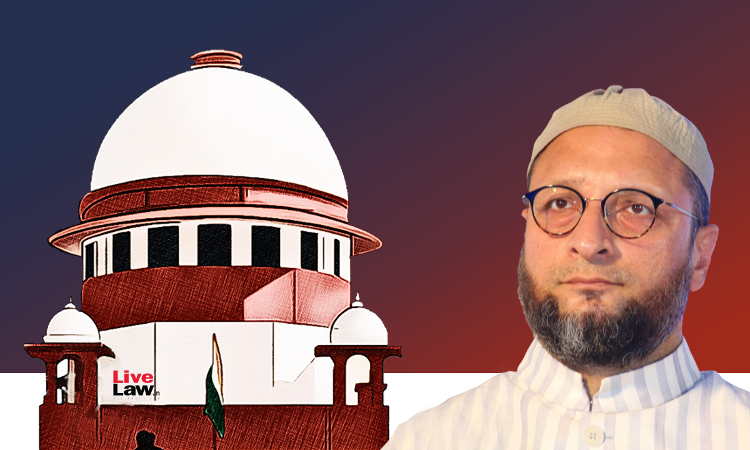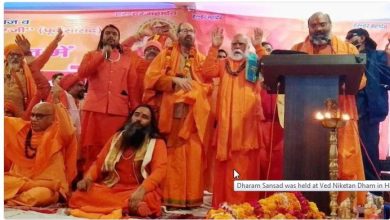Owaisi slams Allahbad HC judge for VHP event participation, anti-Muslim rhetoric

New Delhi: All India Majlis-e-Ittehadul Muslimeen (AIMIM) chief Asaduddin Owaisi has strongly condemned Justice Shekhar Kumar Yadav of the Allahabad High Court for attending a Vishwa Hindu Parishad (VHP) event in Prayagraj and making inflammatory remarks towards Muslims.
According to Kashmir Media Service, Owaisi questioned the ability of India’s minorities to expect justice from a judiciary entangled in ideological biases.
Speaking at the VHP’s convention on the Uniform Civil Code, Justice Yadav stated that “India is a country that operates as per the wishes of the majority,” a comment Owaisi called a violation of constitutional principles. The judge also used the derogatory term “kathmulla” to describe Muslims, claiming such individuals hinder the nation’s progress.
Taking to X, Owaisi pointed out that the VHP, a Hindutva organization linked to the RSS, has been banned in the past for fostering hate and violence. He expressed dismay over a sitting high court judge endorsing the group’s platform, stating that such actions undermine judicial independence. “The Constitution of India is democratic, not majoritarian,” he said, adding that judicial conduct must uphold impartiality and inspire public confidence.
Owaisi invoked The Restatement of Values of Judicial Life (1997), emphasizing that judges must avoid actions or statements that erode faith in the judiciary. He highlighted principles requiring judges to refrain from public political debates and to maintain conduct befitting their office.
Justice Yadav’s participation in the event and his remarks have drawn widespread criticism, with many calling for scrutiny of the judiciary’s role in maintaining constitutional values. Owaisi also criticized the collegium system of judicial appointments, stating that such incidents raise serious questions about its efficacy in ensuring impartiality.
This controversy has reignited debates on judicial ethics, independence, and the need for reforms to safeguard the rights of India’s minorities.








